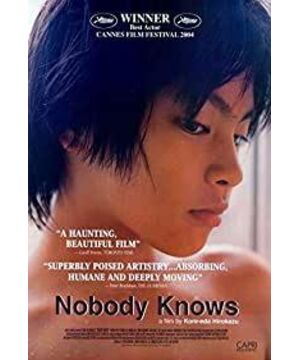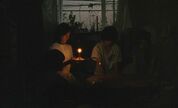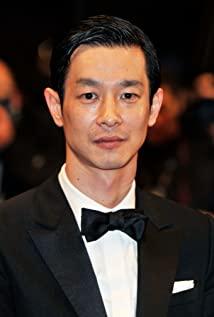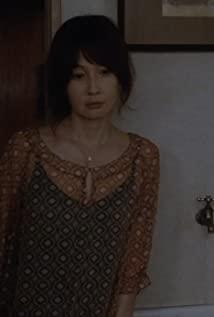The movie is not the same as the original story itself. At least Ming's characters have completely opposite personalities, and their personalities are affected by environment, experience, and educational background. Under the same conditions, it was Hirokazu Koreeda who created a completely different Akira Fukushima, a true, good and beautiful Ming. Ming in the prototype was indifferent to letting his gangster friends beat his sister to death (and even participated in one), was indifferent after throwing the corpse into the cupboard, was abandoned by his only relative, and was reluctantly but forced to take on it. The responsibility of taking care of the younger siblings is a teenager who has never been to school or received a good tutor, so he basically has no concept of family. He is not bad in nature, but after getting to know his peers and having fun of friendship and games, he instantly feels that his sisters are burdensome. It can be said that the choices he made and the final outcome are logical. Ming in the movie assumes the roles of father and mother: filial piety to his mother, taking the initiative to do housework, and taking the initiative to take care of his mother who came home drunk; careful planning, going to ask for money from his mother's predecessors before a rainy day; not stealing or robbing, with a moral bottom line, Before his sister died, he would rather beg than steal, and even wanted to work as a child to earn money; he cared for his younger brother and sister, forged his mother's New Year's money, took Yukiko out to celebrate his birthday, bought soba noodles for A Mao, and took the dead Yukiko to see the plane; compassionate , empathizes with Sahi, who is also a marginal character, and becomes friends. His only rebellion as a teenager was when he met two bad peers and got hooked on the game, ignoring his younger siblings for a while, but quickly returned to the family. Is it possible for such a good character and character to be shaped in such a family and educational background?
It is possible, but the probability is too low. Between the good and the evil of human nature, too many are passively accepting the evil, which makes the active choice of the good seem invaluable. And Ming's environment and age mentality did not provide him with enough motivation to make such a choice, not only not enough, but far from enough.
Therefore, for me, the adaptation that no one knows about loses its real sociological perspective, and even has a fairy tale theme: life has tortured me thousands of times, but I am still actively living in the sun. Personally, I think Hirokazu Kore-eda's style is not suitable for this story, and the warmth he brings to the movie makes this story lose its strength.
View more about Nobody Knows reviews










